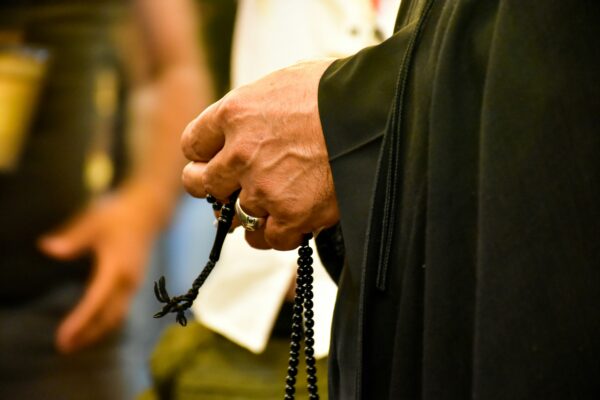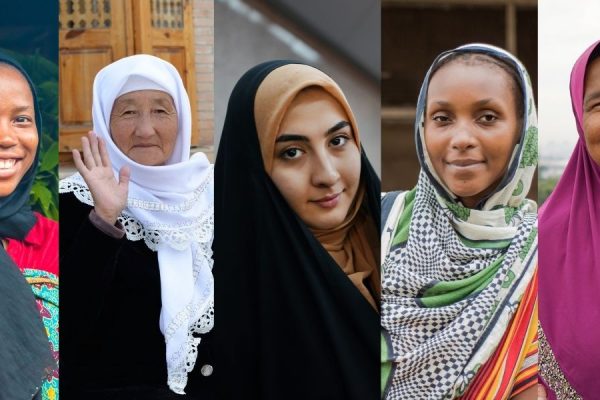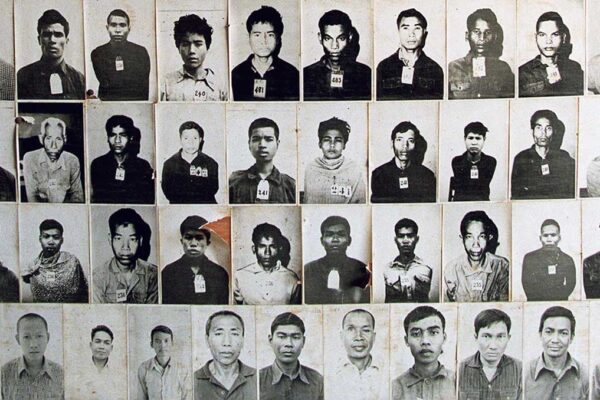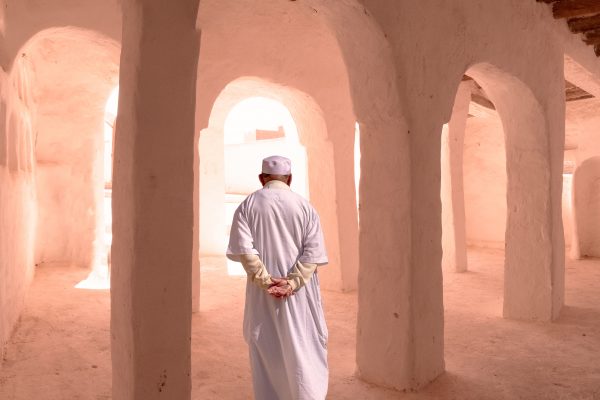It’s time to listen to the rant of the Muslim woman. And don’t listen to respond. Just listen to understand.
It’s time to listen to the rant of the Muslim woman. And don’t listen to respond. Just listen to understand.
At university or at work, I feel the need to defend my choice of wearing the hijab to others, who seem to have made up their mind that it is a sign of oppression.
On the other hand, when I go to my local Islamic centre, I feel like I have to be on the defensive there as well, because I see the misogyny and clear sexism from traditional cultural structures seeping through the community. From women not having the same privileges that men do at some community centres, to women being shunned for being divorced or protesting misogyny and abuse that they face, the sexism is rife. On pulpits, male sheikhs never tire of telling wives of their duties and responsibilities, while completely ignoring the duties of husbands and the rights of wives over them. Among elder women, why I may not be interested in being a housewife or personal chef cannot be fathomed.
Sometimes it becomes difficult to separate these two worlds: one where I try to prove that my religion does not approve of women being suppressed, and the other where I see women being oppressed under the false banner of religion.
I’m not here to explore whether Islam oppresses women or not, I already know that it doesn’t. What I want to question are these two drastic spheres that not so many fail to address.
When it comes to facing the outside world, I see the support of many Muslim men backing their fellow Muslim sisters, showcasing that Muslim women have freedom and are not oppressed, but when the same Muslim women complain to their own communities about the abuse and pressure they face within their respective cultures, too few Muslim men are present to support them.
If a woman is a housewife, she is seen as lesser than a woman with a career. If a woman has a successful career, she is looked down at, as a probably “not-so-great” of a wife. If an Imam talks about rights of women in Islam, he is told not to lead the women of the community astray because they might start demanding better treatment. It’s as though women are seen through the lens of what role she plays for the man; a wife, a mother, a sister, instead of seeing her as an equal human being with her own sense of individualism.
A woman is reduced to the roles she plays.
Be it the outside world or within the community, the Muslim woman is always confined to one thing; hijab. When it’s time to talk about Muslim woman’s affairs, both worlds discuss the hijab and nothing else. It is like we are reduced to our hijab and that is all there is to us. Don’t get me wrong, I am in love with my hijab, but that doesn’t mean that’s the only thing that defines me. Everyday issues surrounding the Muslim woman, like the struggles of being a woman in general, struggles of being a POC (Person of Colour) and the way it intersects with being a woman in hijab are not discussed by either side.
When a woman protests the patriarchal system in the Muslim world, she is reduced to “an angry feminist” and her struggles and pain are disregarded. I see a lot of blatant criticism by religious men about the “danger” of feminism, but I do not see the same care dedicated to the danger of domestic abuse, which is rampaging behind closed doors of husbands and in-laws and brushed under the carpet by Imams. Many a time when a woman dares to speak up, she is told she is at fault, or worse, she is told she should bear it patiently because that’s what “faith” is all about. Is religion really about marginalizing half of the world’s population and not even caring to listen to what they have to say? I really don’t think that is what the Lord of Mercy and Love wants. Yet, unfortunately, so much clear misogyny hides behind the garment of religiosity. While this may not be prevalent in every community, it is certainly a problem that needs to be resolved.
This is happening because Muslim women do not have any safe space.
Outside, they are alienated, and inside, they are not heard well enough. The way to start creating a safe space is to first listen to what struggle the Muslim woman faces every day – empathy is the first step. While there has been a reformation in many communities, some things still haven’t been resolved. I want to live in a world whereby when I go out, I don’t have to feel like I am being judged for the choices I have made as a Muslim woman, and ditto for when I go to my local mosque or centre – I don’t want to be shamed for the choices I have made as a Muslim woman.










